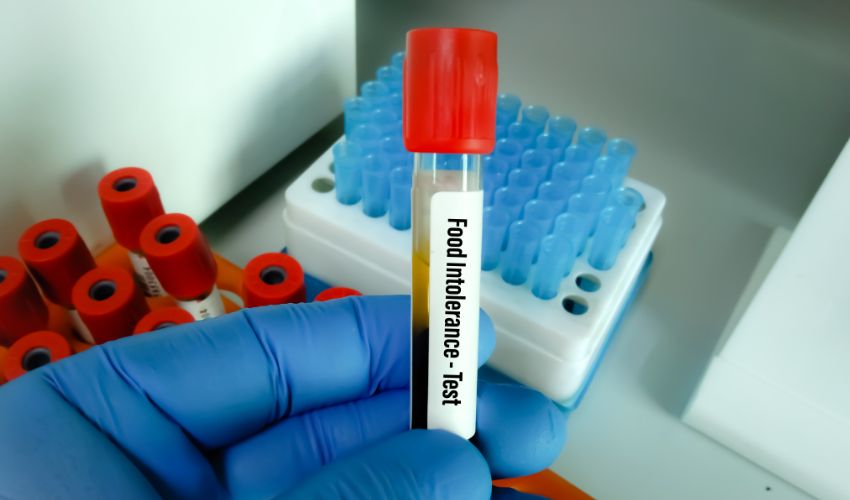Food intolerances affect millions of people worldwide, with symptoms ranging from mild discomfort to severe illness. Unlike food allergies, which involve an immune system response, food intolerances result from the body’s inability to properly digest certain foods. The effects of food intolerances can vary from person to person, making diagnosis and management challenging. In this article, we will explore the causes, symptoms, and management of food intolerances to help you better understand and manage this condition.
Causes of Food Intolerances:
Food intolerances occur when the body is unable to properly digest certain foods. This can be due to a variety of reasons, including:
- Enzyme Deficiencies: Certain foods require specific enzymes to break down properly. If the body does not produce enough of these enzymes, the food will not be properly digested, leading to discomfort and other symptoms.
- Sensitivities to Food Additives: Some people may experience discomfort or allergic reactions to food additives like artificial colors, flavors, and preservatives.
- Food Poisoning: Eating spoiled or contaminated food can lead to food intolerances and food poisoning.
- Celiac Disease: This autoimmune disorder causes the body to attack the lining of the small intestine when gluten is ingested, leading to food intolerance and other symptoms.
Symptoms of Food Intolerances:
The symptoms of food intolerances can vary from person to person and depend on the specific food(s) causing the intolerance. Some common symptoms of food intolerances include:
- Abdominal pain and bloating
- Diarrhea or constipation
- Nausea and vomiting
- Headaches and migraines
- Skin rashes and itching
- Joint pain and stiffness
- Fatigue and weakness
Management of Food Intolerances:
Managing food intolerances involves identifying and avoiding trigger foods. Keeping a food diary can help you identify foods that cause symptoms, allowing you to avoid them in the future. Other strategies for managing food intolerances include:
- Working with a Registered Dietitian: A dietitian can help you develop a meal plan that avoids trigger foods while still providing the necessary nutrients your body needs.
- Taking Enzyme Supplements: Enzyme supplements can help your body break down specific foods, reducing symptoms.
- Avoiding Food Additives: Avoiding food additives like artificial colors, flavors, and preservatives can help reduce symptoms.
- Trying an Elimination Diet: An elimination diet involves avoiding certain foods for a period of time and then slowly reintroducing them to identify trigger foods.

FAQs:
Are food intolerances the same as food allergies?
No, food intolerances are not the same as food allergies. Food allergies involve an immune system response, while food intolerances result from the body’s inability to properly digest certain foods.
Can food intolerances go away?
It is possible for food intolerances to go away over time. In some cases, avoiding trigger foods for a period of time can help reduce symptoms and eventually lead to the body being able to properly digest the food.
How are food intolerances diagnosed?
Food intolerances are typically diagnosed through a process of elimination. Keeping a food diary and working with a registered dietitian can help identify trigger foods.
Can food intolerances cause long-term health problems?
If left untreated, food intolerances can lead to malnutrition and other health problems. It is important to identify and manage food intolerances to prevent long-term health issues.
Can food intolerances be genetic?
Yes, some food intolerances can be genetic. For example, lactose intolerance is often genetic and runs in families.

Conclusion:
Food intolerances can be a challenging condition to manage, but with the right strategies, it is possible to reduce symptoms and improve quality of life. By identifying trigger foods, working with a registered dietitian, and taking enzyme supplements when necessary, people with food intolerances can manage their symptoms and enjoy a varied and nutritious diet. If you suspect you may have a food intolerance, it is important to speak with your healthcare provider to determine the best course of action for your individual needs.






















